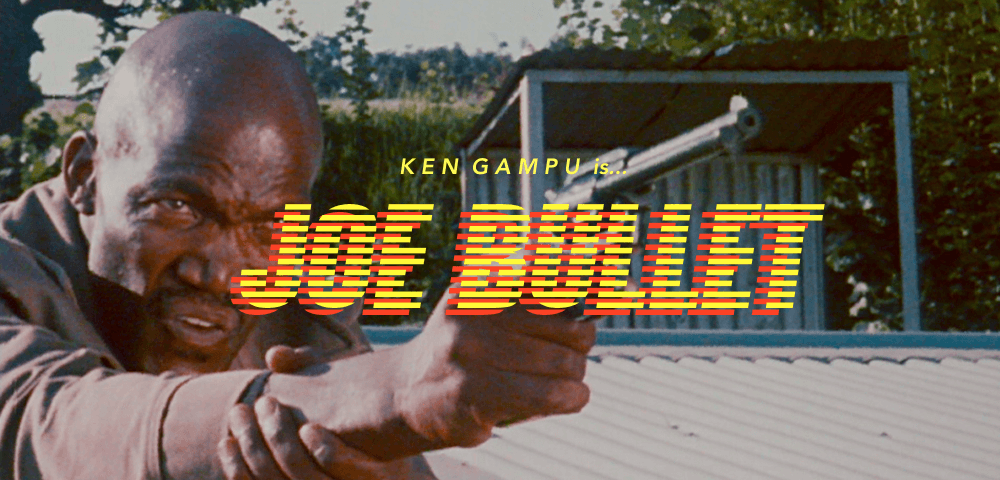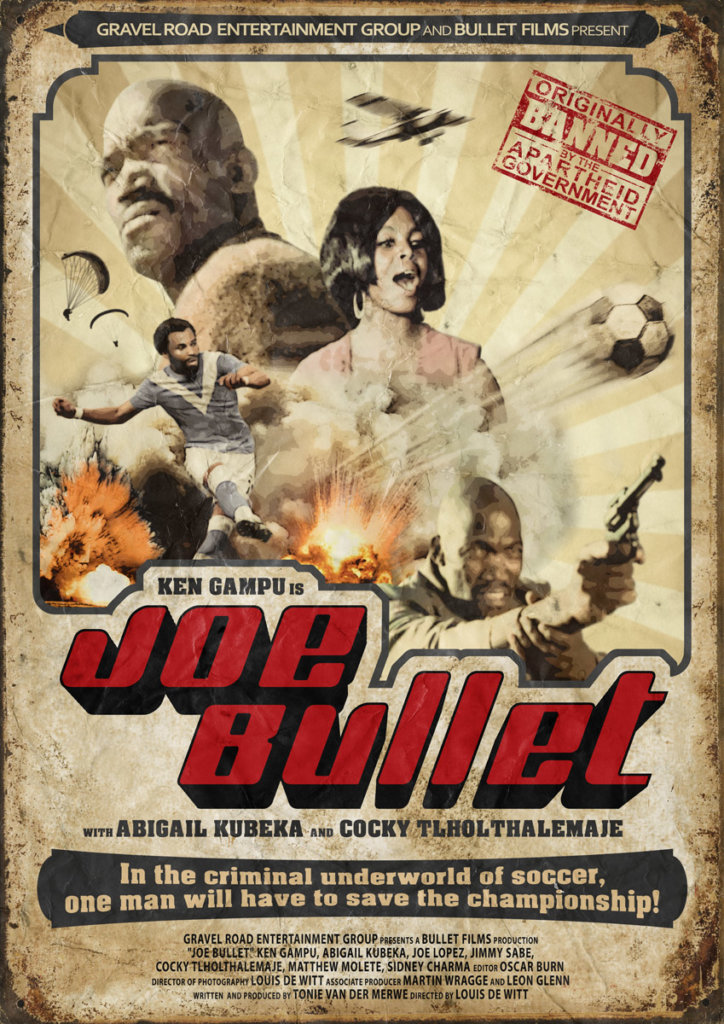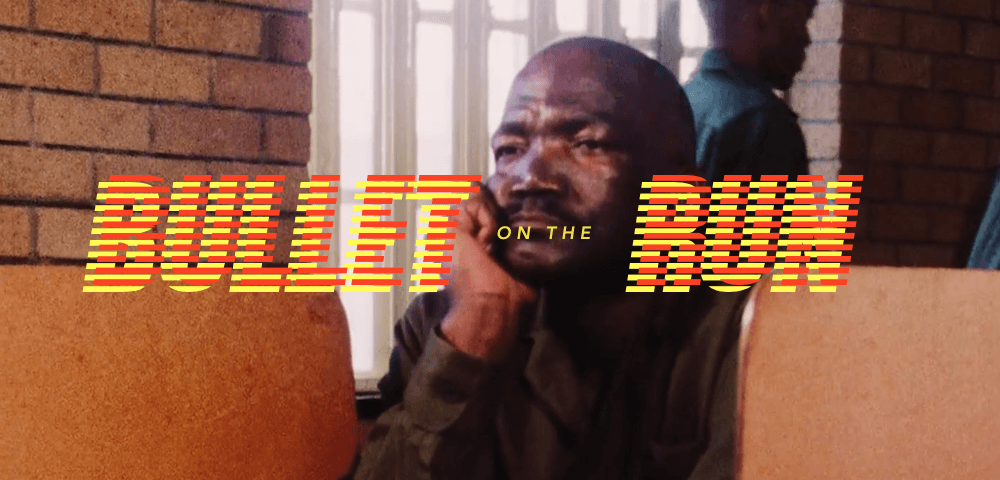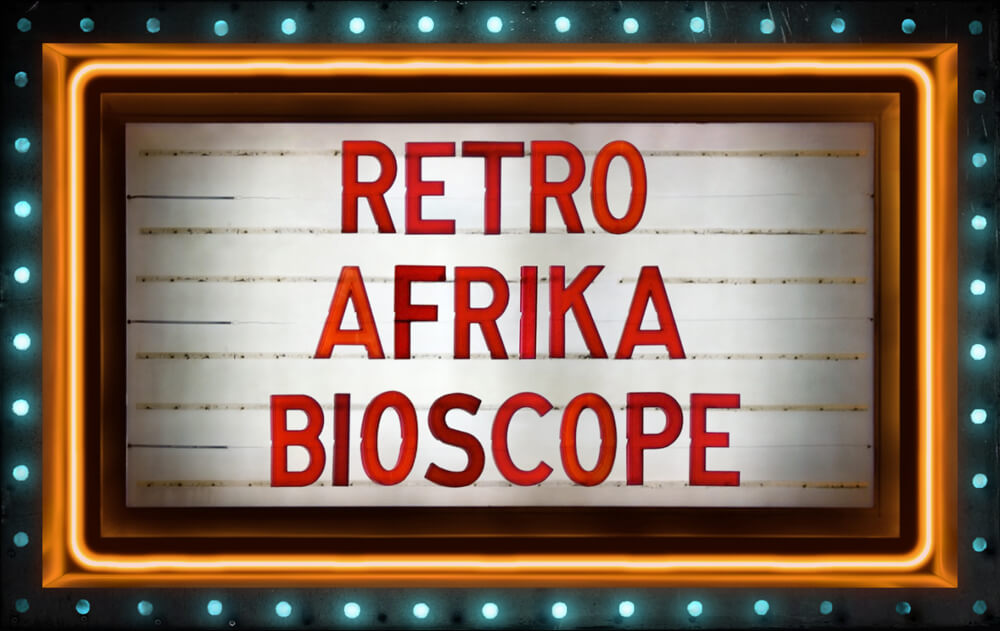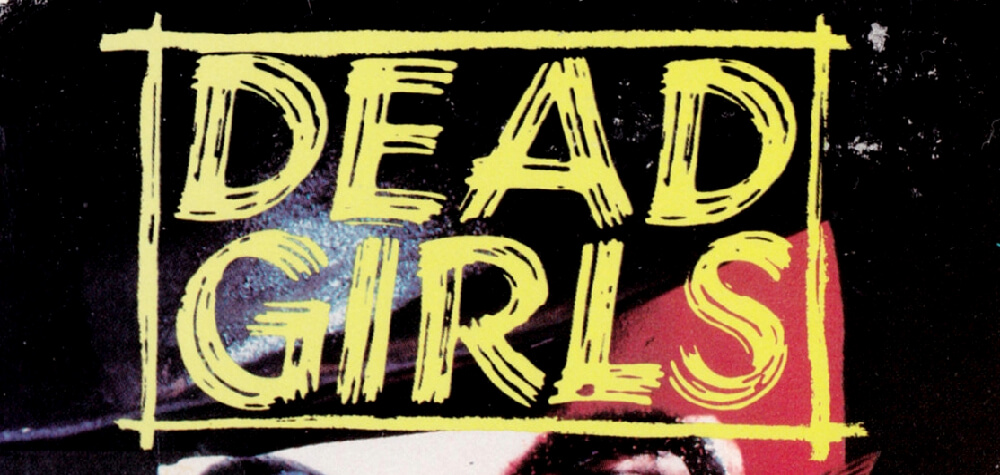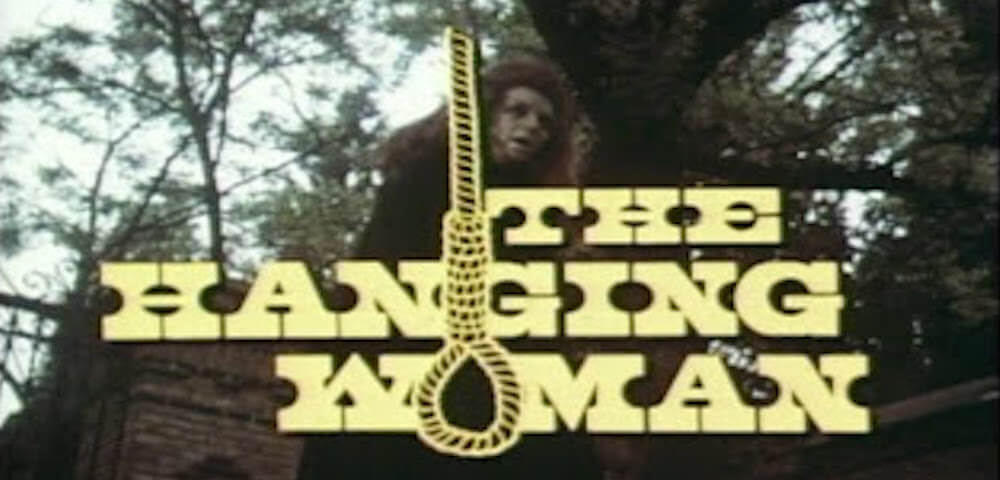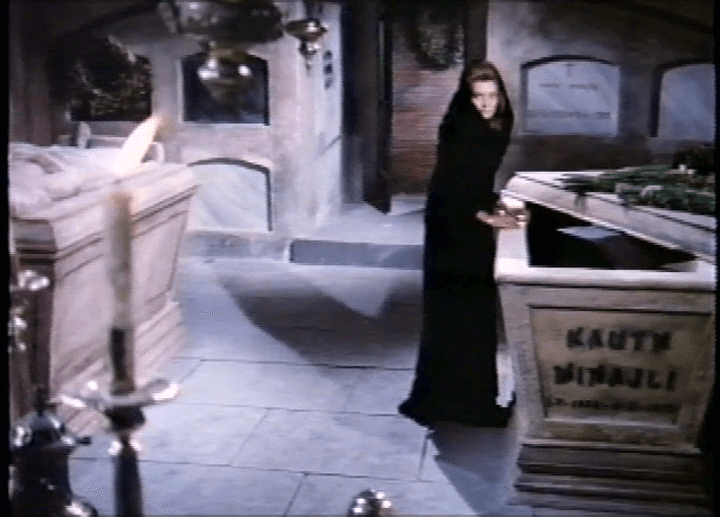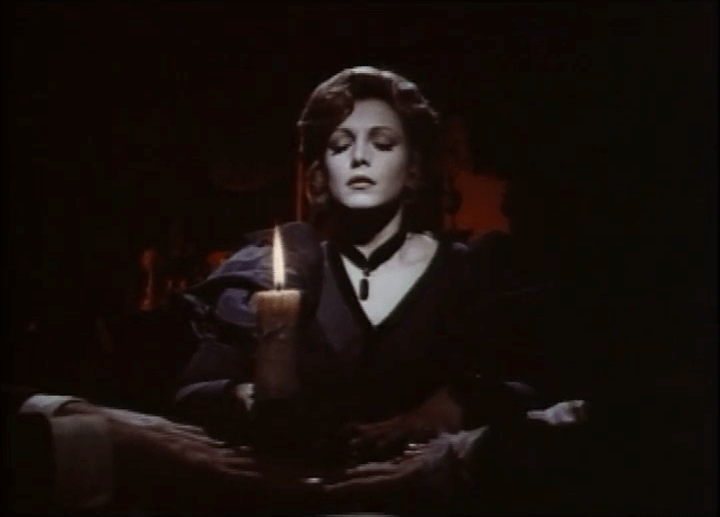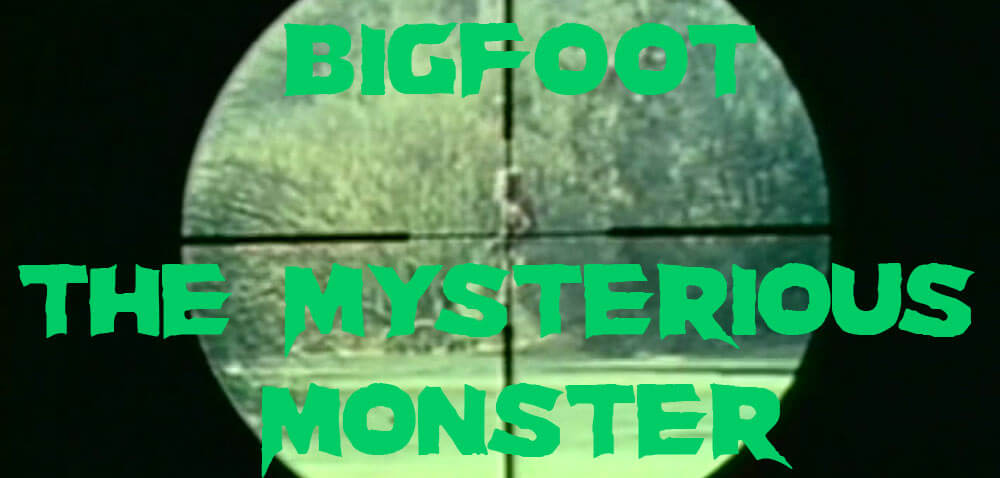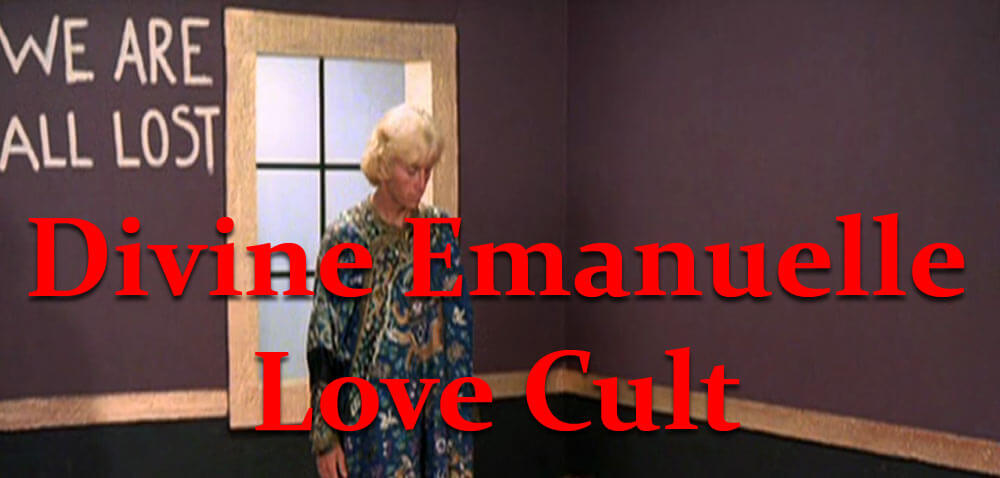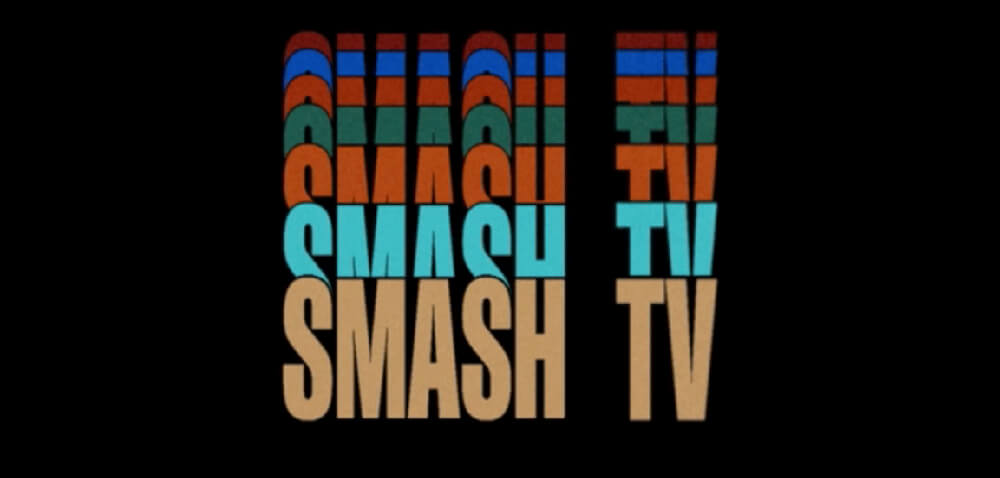
This March, Spectacle is proud to welcome the esteemed DJ/VJ duo Smash TV (Brendan Shields & Ben Craw) back behind the velvet curtain for a mini-retro (emphasis on retro) every Thursday night. Since 2012 Smash TV, has been gracing the Spectacle screen with “long for entertainment for short attention spans” showcasing a love of cinema spanning multiple genres and decades.
THURSDAY, MARCH 7th – 7:30 PM – SKINEMAX (2011)
THURSDAY, MARCH 14th – 7:30 PM – MEMOREX (2012)
THURSDAY, MARCH 21st – 7:30 PM – GUNSLINGER (2014)
THURSDAY, MARCH 28th – 7:30 PM – MEGAPLEX (2016)
SKINEMAX
edited by Smash TV, 2011
55 min, USA
THURSDAY, MARCH 7th – 7:30 PM
Skinemax is Koyaanisqatsi for a generation raised on late night television and B-movie VHS tapes. It’s long form entertainment for short attention spans. An hour long VJ odyssey, it will move your body and warp your mind.
A nostalgic look back at a half remembered childhood growing up in the 80s and early 90s, Skinemax takes a close look at the culture of that era. The images that motivated, delighted, and terrified us on the silver screen, set to propulsive modern music that pines for a simpler time.
Containing lightning quick edits from 44 different films, Skinemax has been described as “hypnotizing” and “a veritable nostalgia nuke.” Recently featured on six of the top 25 blogs in the world, it aims to draw attention to the rapidly developing art of the mashup or supercut. It also holds the distinction of being one of the longest duration videos to ever go viral.
MEMOREX
Edited by Brendan Shields, 2012
50 minutes
THURSDAY, MARCH 14th – 7:30 PM
SMASH TV’s latest opus, MEMOREX is the most nostalgic thing you’ve ever seen if you were a kid in the 80s. Culled from over forty hours of 80’s commercials pulled from warped VHS tapes. Endless beach parties, Saturday morning cartoons, sexy babes, sleek cars, toys you forgot existed, station idents, early computer animation, all your favorite sugary cereal mascots, and so much more. An ode to the hyper consumerism and sleek veneer of a simpler time.
The audio, mixed by your friends at Smash TV, provides a perfect accompaniment to the warped and weirdly nostalgic footage, like finding your favorite cassette from childhood after it’s been baking in the sun for 25 years. VHS Head, Hype Williams, LA Vampires, and Boards Of Canada are just a few of the artists you can expect to hear.
It’s the nostalgiapocalypse for anyone born between 1975 and 1985. Your favorite everything you totally forgot existed.
screens with:
GUNSLINGER
edited by Smash TV, 2014
62 min, USA
Gunslinger is the ultimate tribute to the Old West. The BACK TO THE FUTURE III of our trilogy, if you will, Smash TV has bid a fond farewell to the neon excess of the 80s and set the controls of the DeLorean back to 1885. A simpler – and infinitely more dangerous – time.
Painstakingly assembled from more than 50 Western movies, ranging from Sergio Leone’s early Spaghetti Westerns all the way up to 90s re-imaginings such as DESPERADO and WILD WILD WEST, GUNSLINGER serves as a humble attempt to pay homage to one of the longest running and most influential genres of the silver screen.
Taking a magnifying glass to one of the most prolific genres in film history, GUNSLINGER aims to preserve the ideals and struggles of a unique time and place in history which becomes more and more foreign to our daily lives with each passing year. Deliberately paced to match the look and feel of a Western, it recontextualizes classic tropes of the genre to deliver a unique and fast paced narrative.
A mysterious stranger arrives in town, authority is challenged, vengeance is sought, tensions run high at the saloon, a frantic horse chase ensues, and everything goes to hell in an epic gunfight you’ll have to see to believe.
The audio borrows from a number of different genres; from time-honored soundtracks by Ennio Morricone and John Barry, to modern hip hop and electronic reworkings of genre standards.
Gunslinger condenses 30 years of Western movies into one unforgettable hour. The good. The bad. The ugly. An ode to the Man with No Name.
MEGAPLEX: BEYOND & TURBO
edited by Smash TV, 2016
80 min, USA
THURSDAY, MARCH 21st – 7:30 PM
MEGAPLEX is the most insane double feature the world has ever seen. With a running time of 80 minutes and thousands of cuts from more than 80 movies, Smash TV has spent the past year and a half cramming the most entertainment possible into every second. It’s dense enough to pressurize these diamonds in the rough into gleaming treasures.
MEGAPLEX is the long awaited followup to the critically acclaimed SKINEMAX, much more fully realized, utilizing myriad editing and layering tricks picked up over the past five years. Deeper, darker, and definitely more bizarre.
Borrowing from the Grindhouse tradition and from Tarantino’s more recent tribute, MEGAPLEX is a double feature comprised of BEYOND (Sheilds) and TURBO (Craw) that both members of Smash TV worked on independently to create a massive cinematic sandwich.
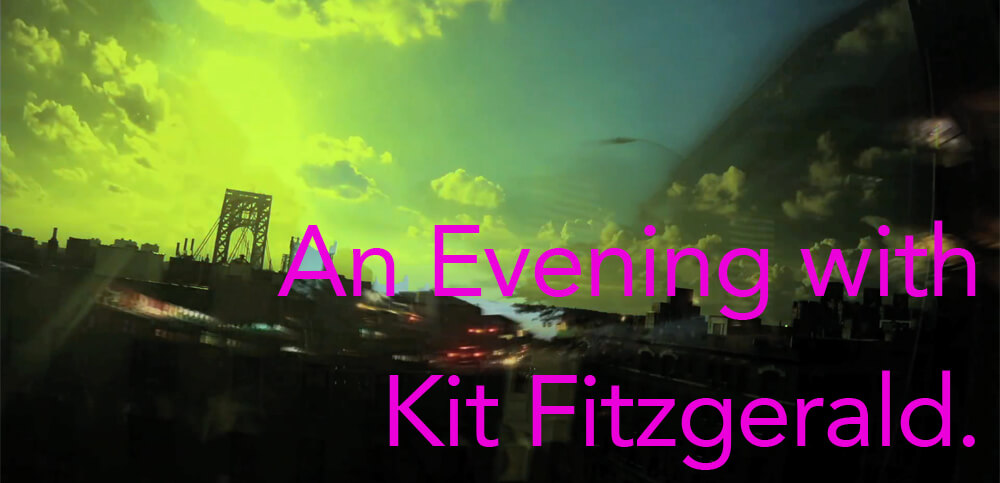


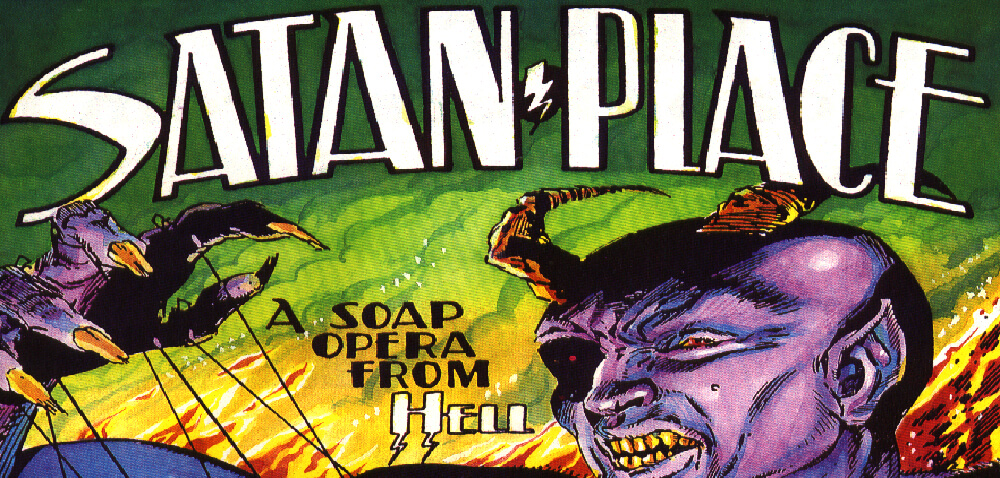
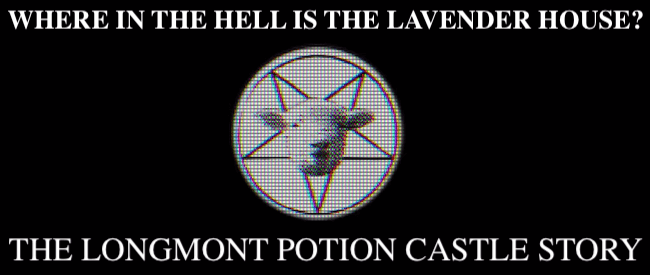
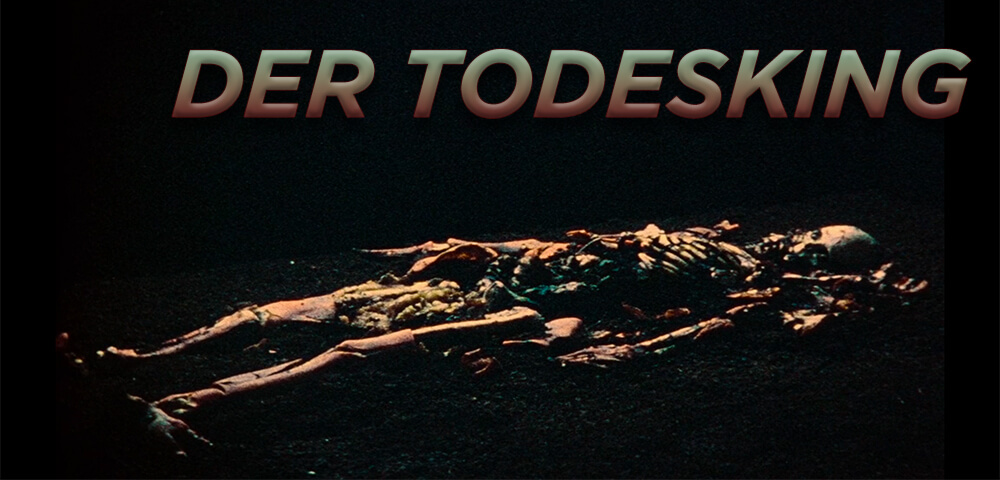
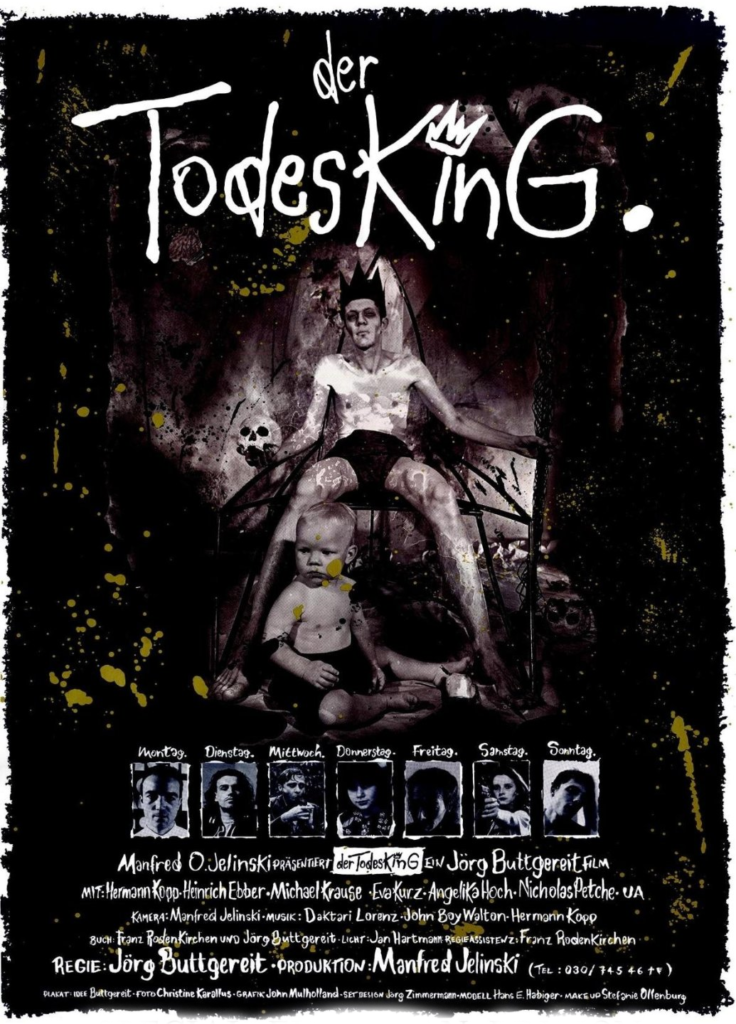
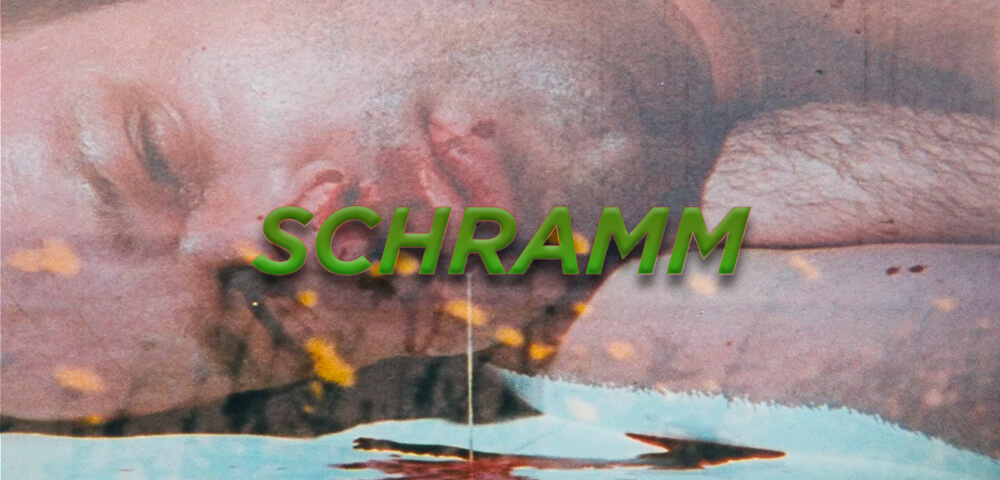
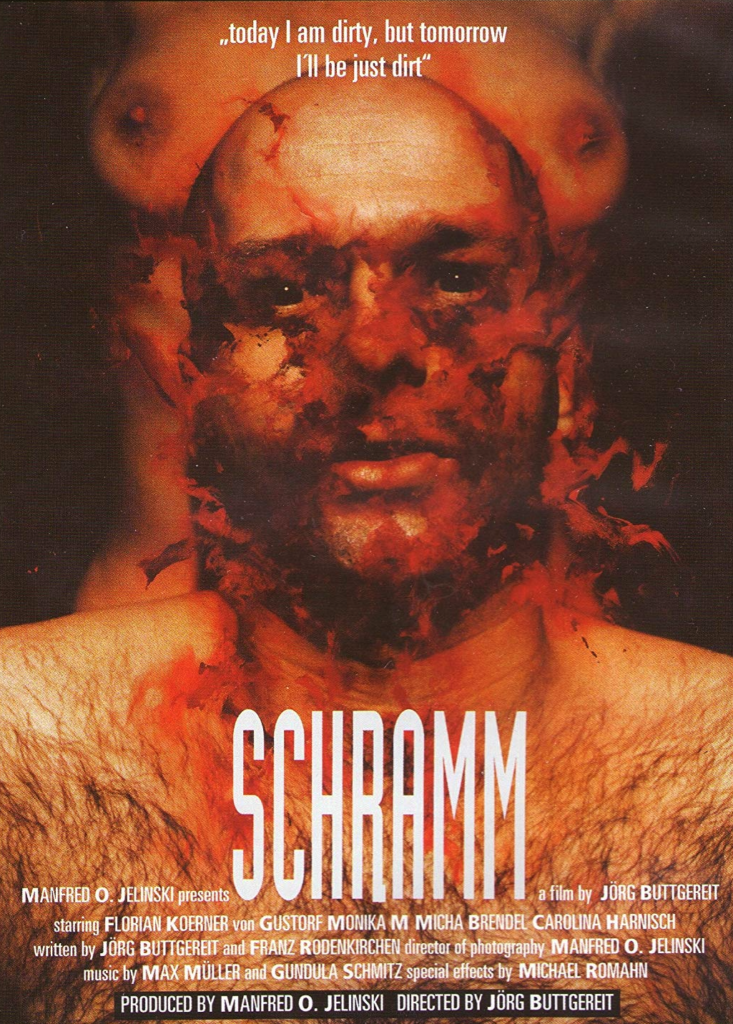


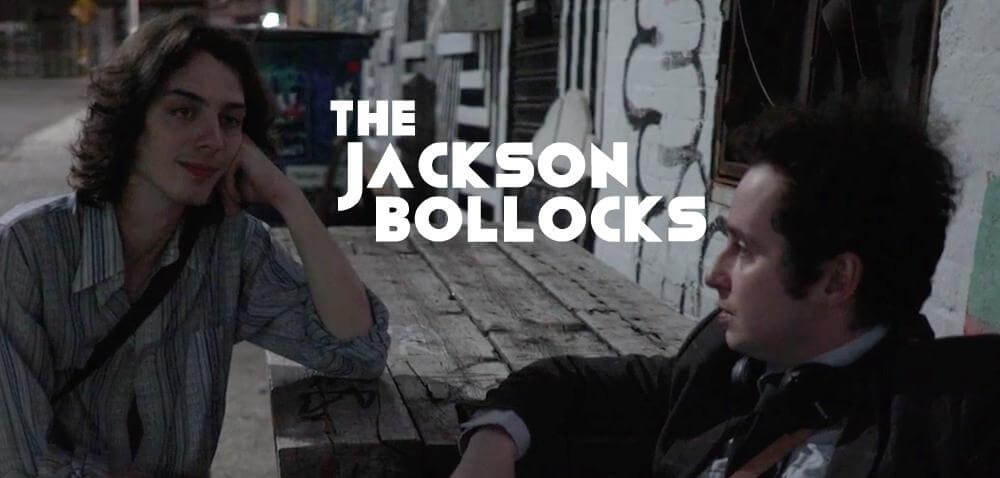 THE JACKSON BOLLOCKS
THE JACKSON BOLLOCKS